
Living Creatures Cast a Faint Aura That Stops at Death, Study Suggests
A groundbreaking new study has sparked fascination and debate in both scientific and spiritual communities, suggesting that living organisms emit a faint, measurable "aura" — and that this subtle energy disappears completely at the moment of death.
The research, conducted by a multidisciplinary team from Kyoto University in Japan, used high-sensitivity photon detectors to measure ultra-weak light emissions from living cells — a phenomenon known as biophoton emission. These emissions are not visible to the naked eye, but can be detected with specialized equipment in complete darkness. Although biophoton emission has been studied before, this new study is the first to track the emissions continuously from life to death in small organisms, such as fruit flies and lab mice.
What the researchers found stunned even the most skeptical members of the team: a constant, pulsing emission of biophotons during life that fades rapidly and completely at death — almost like a light being switched off.
“We’ve known that cells emit weak light as a byproduct of metabolic processes,” explains Dr. Haruki Saito, lead researcher of the project. “But what we didn’t expect was the clear and sudden drop that occurred at the moment of biological death. It’s as if something fundamental to life stops glowing the instant it ends.”
The so-called “aura” described in the study is not mystical in nature, but a scientifically measurable form of ultra-weak light in the ultraviolet and visible spectrum. These light particles, or photons, are believed to be generated through oxidative stress and chemical reactions within the mitochondria — the powerhouses of cells.
During the experiment, researchers tracked the biophoton emissions of organisms over several days, using non-invasive techniques. In healthy, living subjects, the photon levels remained stable and even showed patterns linked to circadian rhythms. But as the organisms approached death — whether naturally or due to illness — the emissions began to falter, and eventually ceased completely within seconds of death.
“This may not prove the existence of a 'soul' or spiritual aura,” Dr. Saito clarifies, “but it does raise interesting questions about what defines life at the quantum and energetic level.”
The findings have drawn attention from unexpected corners. Biophysicists, neurologists, and even theologians have expressed interest in the study’s implications. Could this energy be linked to consciousness? Does its sudden disappearance mark the final line between life and death?
Some researchers urge caution in overinterpreting the data. Dr. Emily Graves, a cellular biologist at the University of Chicago, says, “We must be careful not to romanticize the findings. Biophoton emissions are a fascinating part of cell biology, but they don’t necessarily indicate metaphysical properties. However, this study opens the door to exploring life from a completely new perspective.”
On social media, the study has sparked viral interest, with people referring to the phenomenon as “the soul’s light” or “the body’s last breath of energy.” Spiritual communities have embraced the idea as scientific validation of long-held beliefs about a life force or aura.
But for the scientists involved, the takeaway is not spiritual confirmation, but a new frontier in biology and biophysics.
“Whether you see it as a soul, a spark, or simply a biological signal,” says Dr. Saito, “it’s clear that life carries an energy signature that vanishes when it ends. That, in itself, is profound.”
The research team hopes to continue the study with more complex organisms, including primates, and eventually explore whether this vanishing light correlates with brain activity or consciousness.
Until then, the idea that living beings cast a faint glow — a silent, invisible signature of life — adds a new layer of wonder to our understanding of existence.
News in the same category

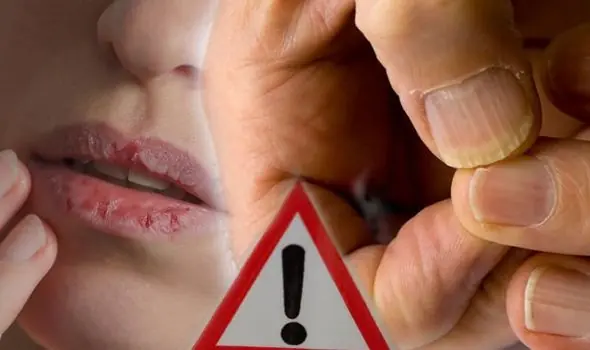
Experts Reveal 3 Warning Signs of Lip and Nail Cancer You Shouldn’t Ignore

Doctor Warns About the Risks of Not Washing Your Hair Regularly
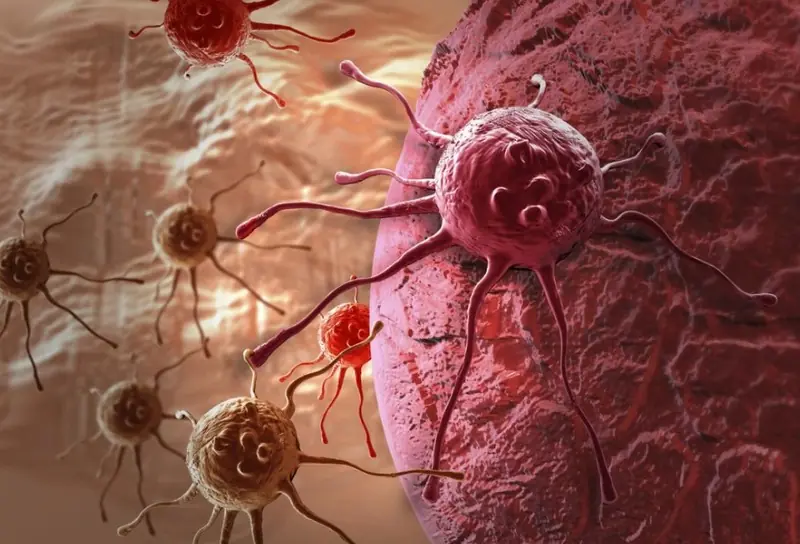
8 Foods That Are Natural Enemies of Tumors – Make Sure to Eat Them Regularly

Medical Experts Warn: 4 Early Morning Signs That Cancer Cells May Be Attacking Your Body
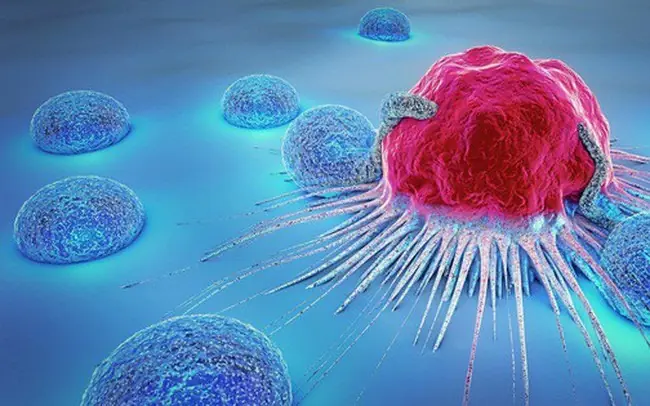
"On the Brink of Cancer: 5 Warning Signs Your Body Sends — Unusual Pain, Persistent Cough? See a Doctor Before It’s Too Late

Covid origin FINALLY revealed in bombshell study…and it might not have been China after all

Woman who dismissed symptom with back as 'injury' diagnosed with deadly rare cancer

'Healthy and active' woman, 30, diagnosed with cancer after doctor ignored subtle symptom

8 Powerful Foods to Naturally Cleanse and Detox Your Liver

Breakthrough Male Contraceptive Injection Offers Alternative to Condoms and Vasectomy
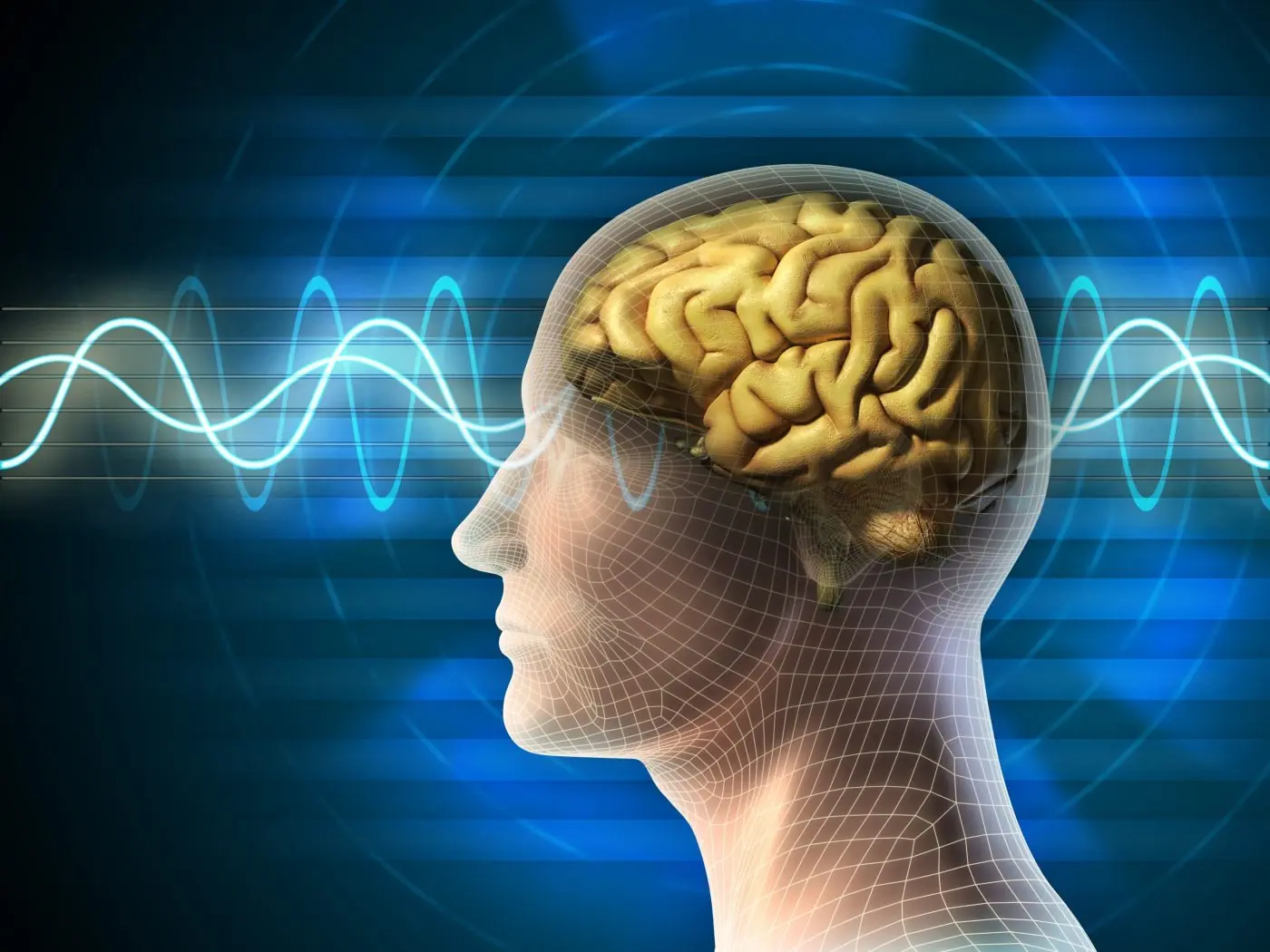
Scientists: 3 Days of Silence Is Enough to Rewire Your Brain
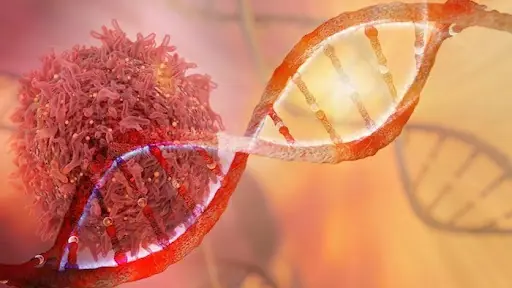
5 of the Best Anti-Cancer Foods — It’s Time to Start Adding Them to Your Diet

21-Year-Old Woman Diagnosed with Cancer Given Days to Live After Ignoring Early Warning Signs
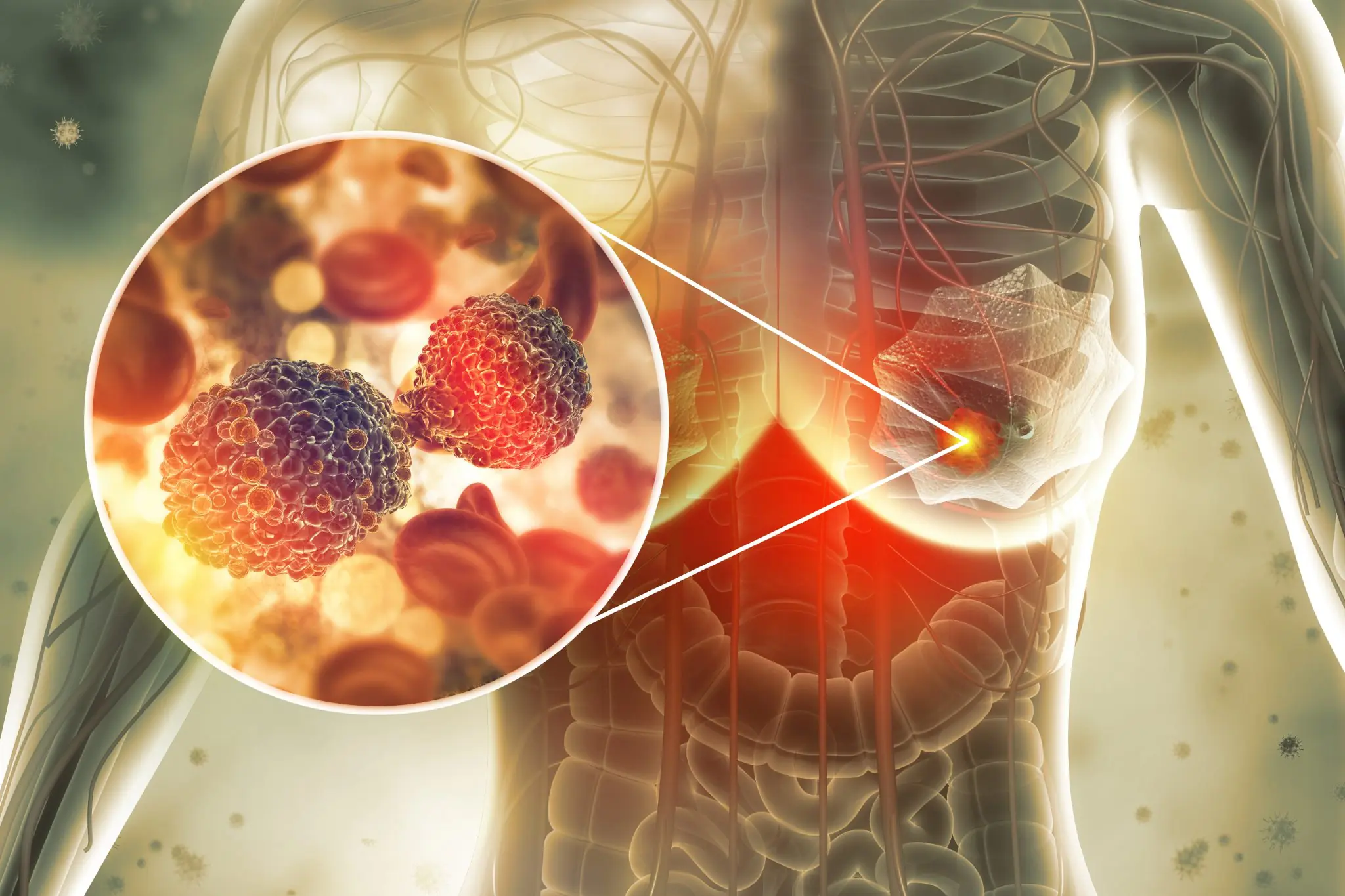
HERMOSA Study Finds Just 3 Days Without Toxic Cosmetics Can Lower Hormone Disruptors

Woman Ignored ChatGPT’s Health Warning—Then Came a Cancer Diagnosis
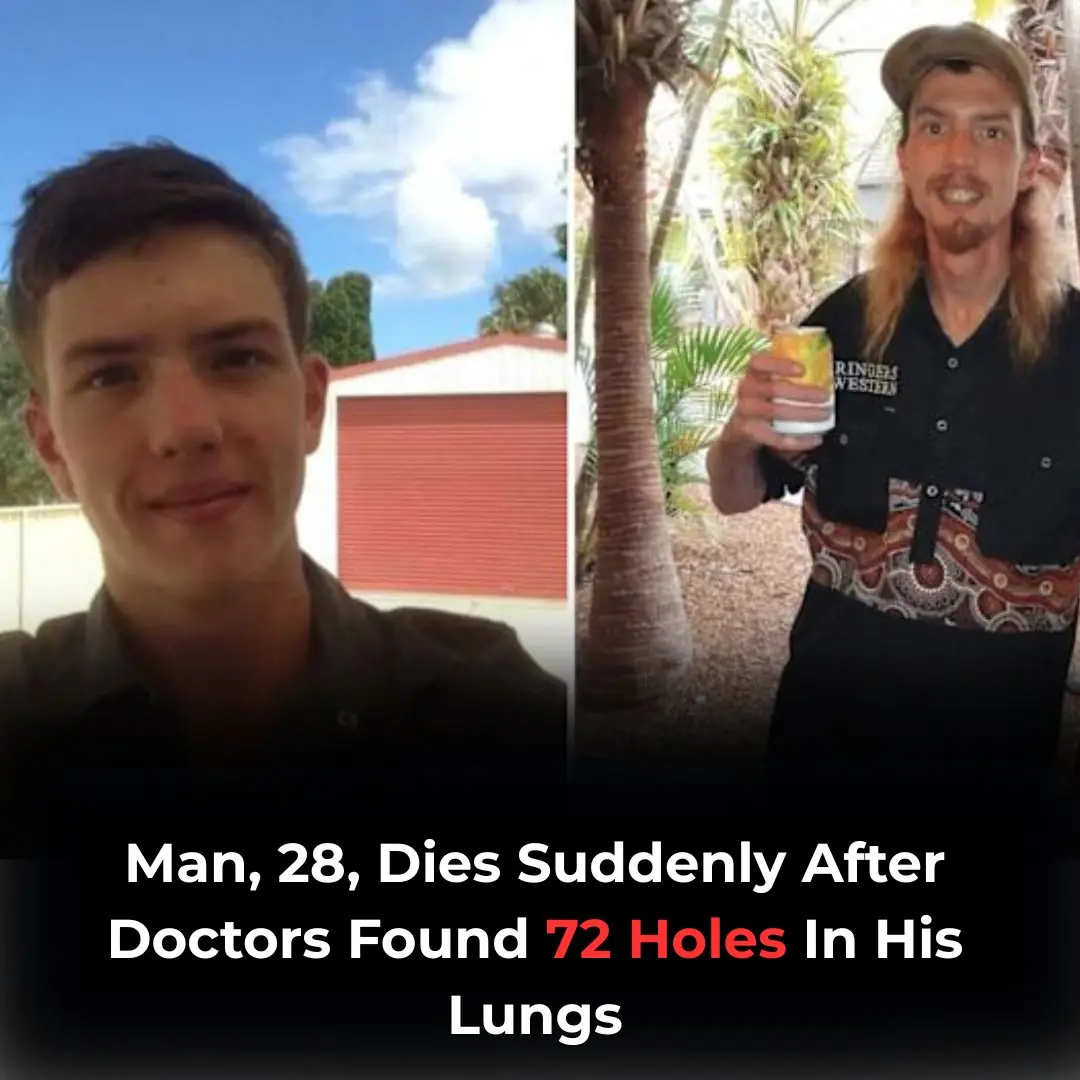
Man, 28, Passes Away Suddenly After Doctors Discover 72 Irreparable Holes In His Lungs

Student, 22, suffered heart attack after using popular study drug and needed intense operation to keep her alive

Discover: A Glass of Water, Vinegar, and Salt Can Cleanse Your Home
News Post

Recognizing Mini-Stroke Symptoms: A Crucial Step in Stroke Prevention

Experts Reveal 3 Warning Signs of Lip and Nail Cancer You Shouldn’t Ignore

Doctor Warns About the Risks of Not Washing Your Hair Regularly

8 Foods That Are Natural Enemies of Tumors – Make Sure to Eat Them Regularly

Medical Experts Warn: 4 Early Morning Signs That Cancer Cells May Be Attacking Your Body

"On the Brink of Cancer: 5 Warning Signs Your Body Sends — Unusual Pain, Persistent Cough? See a Doctor Before It’s Too Late

The Real Reason Empire State Building Was Built Using Bricks From A Tiny British Town

James Webb Telescope Uncovers Shocking Update on $10 Quintillion Asteroid Psyche

RFK Jr. Raises Concerns About 5G Health Risks: Brain Function, EMR, and Cancer Link

🍊 Detox Naturally: The Surprising Power of Tangerine, Walnuts & Ginger

Boost Your Health with These 2 Powerful Juice Recipes

My SIL Did a DNA Test for My Daughter Behind My Back — When I Learned Her Reason for This, I Went Low Contact with My Brother

People Stunned After Learning The True Meaning Behind ‘SOS’ — It’s Not What You Think

My MIL Demanded I Leave My Own Home During the Birthday Party I Organized for Her – She Didn't Know How Big a Mistake That Was

My Daughter-in-Law Suddenly Started Calling Me 'Mom' After Years of Coldness – I Found Out Why, and I Didn't Let It Slide

My Fiancée Wore a Black Dress to Our Wedding – When I Found Out Her Reason, My Life Was Never the Same

Covid origin FINALLY revealed in bombshell study…and it might not have been China after all

My DIL Forbade Me from Attending My Grandson's First Baseball Game – I Learned the Real Reason and Froze

Once You Learn This, You Will Never Throw Avocado Pit Away
